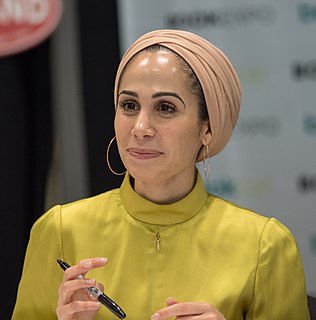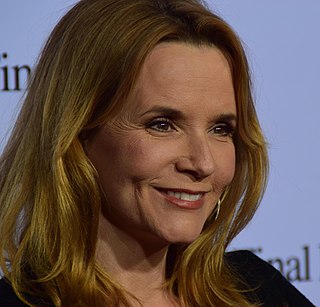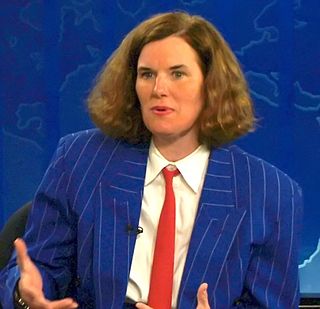A Quote by Nate Parker
If I don't know how to swim and two weeks later I know how to swim, I know how to swim.
Related Quotes
I often feel like saying, when I hear the question 'People aren't ready,' that it's like telling a person who is trying to swim, 'Don't jump in that water until you learn how to swim.' When actually you will never learn how to swim until you get in the water. And I think people have to have an opportunity to develop themselves and govern themselves.
This pen is my only outlet, my only voice, because I have no one else to speak to, no mind but my own to drown in and all the lifeboats are taken and all the life preservers are broken and I don't know how to swim I can't swim I can't swim and it's getting so hard. It's getting so hard. It's like there are a million screams caught inside of my chest but I have to keep them all in because what's the point of screaming if you'll never be heard and no one will ever hear me in here. No one will ever hear me again.
Women are far more likely to follow orders to evacuate, especially women with children. At the same time, women were much more likely to die during the South Asian tsunami. In some villages it was 3 to 1. And that was party because of the average strength it takes to hold onto something. Also it was cultural; women were less likely to know how to swim, as were children. So much of this is based on how we develop our own survival skills before something goes wrong: Even if nothing goes wrong, it might be good to know how to swim.
At the end of October I started doing a bit more swimming and learning how to swim properly, because I hadn't really done it since I was at school. Then I really accelerated in December and for the whole of January's I've been doing at least one thing a day - normally a swim and a cycle, or a swim and a run, every single day.
What do you first do when you learn to swim? You make mistakes, do you not? And what happens? You make other mistakes, and when you have made all the mistakes you possibly can without drowning - and some of them many times over - what do you find? That you can swim? Well - life is just the same as learning to swim! Do not be afraid of making mistakes, for there is no other way of learning how to live!




































